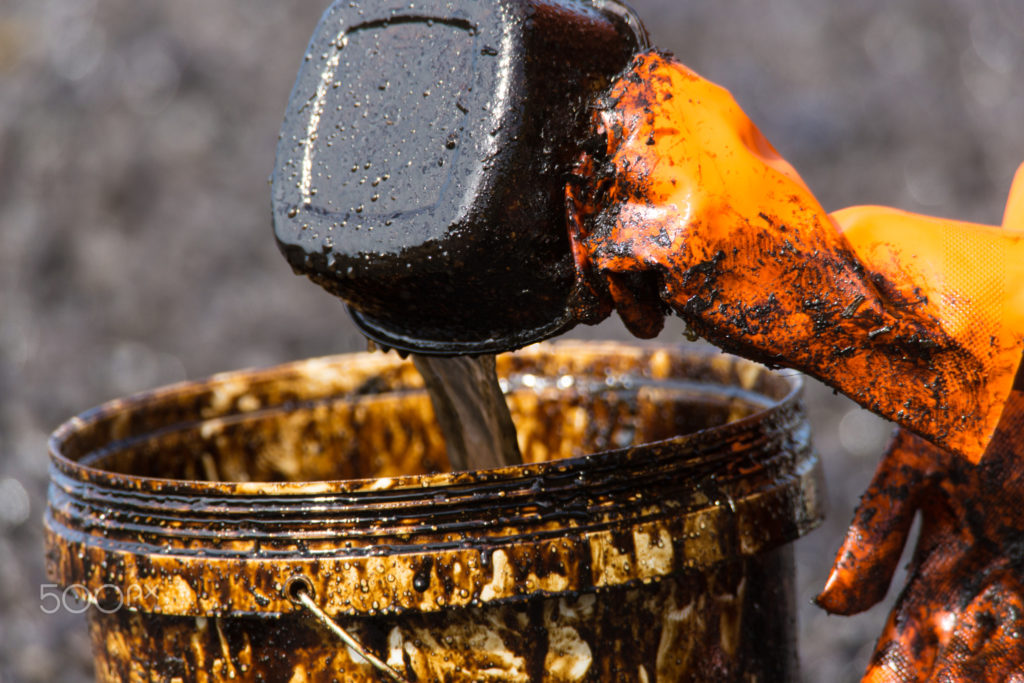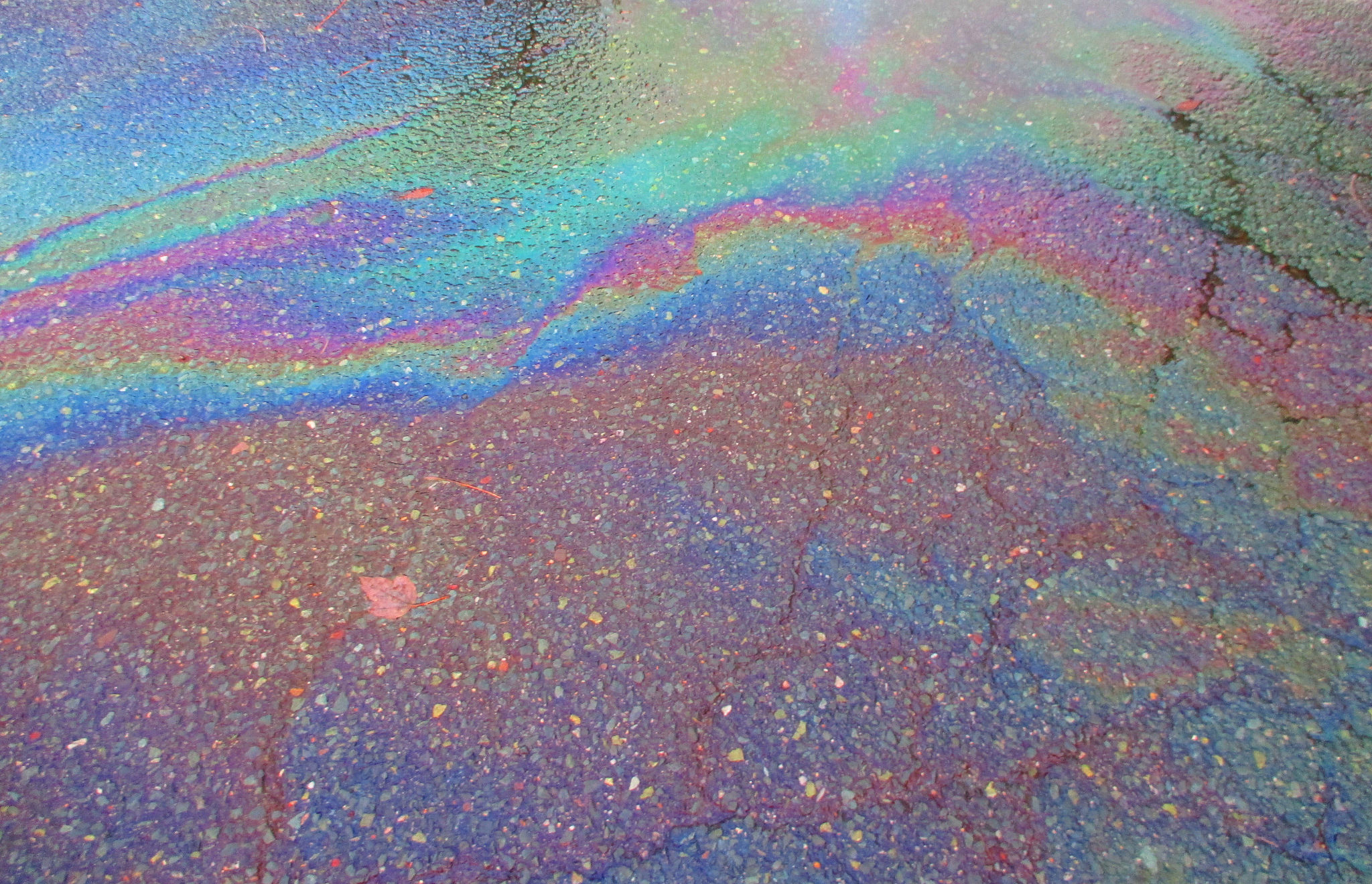Introduction to Spill Prevention Control and Countermeasures (SPCC)
The Spill Prevention Control and Countermeasures (SPCC) regulation impacts many businesses including many farms. This regulation affects any facility, construction site, or farm that stores 1320 gallons or more of oils. Oils are defined but not limited to petroleum, fuel oil, sludge, oil refuse, oil mixed with wastes other than dredged spoil, fats, oils or greases of animal, fish, or marine mammal origin, vegetable oils, including oils from seeds, nuts, fruits, or kernels, and other oils and greases including synthetic oils and mineral oils. To calculate your oil storage you must include all containers of 55 gallons or larger.
The SPCC regulations come from the United States Clean Water Act Section 311. It was originally promulgated in 1973 and went into effect in 1974 and is found in federal regulation 40 CFR part 112.

Oil spills endanger public health, impact drinking water, devastate natural resources, and disrupt the economy. In the United States, we use vast quantities of oils to heat up our homes, provide fuel for automobiles, and operate various pieces of equipment. During storage, transport, or as the result of energy exploration and production activities oil and other oil-based products sometimes spilled onto land or into water waste. When this occurs, human health and environmental quality are put at risk. Every effort must be made to prevent oil spills and to clean them up properly once they occur. The costs associated with spill prevention are often much less than the cost associated with spill cleanup, fines, and other civil liabilities. As the old adage states, “an act of prevention is worth a pound of cure.”
The EPA regulates SPCC compliance with some states having additional requirements. Facilities and farms that meet the SPCC criteria must comply with the rule by preventing oil spills and developing and implementing an SPCC plan. An SPCC plan describes the equipment,

